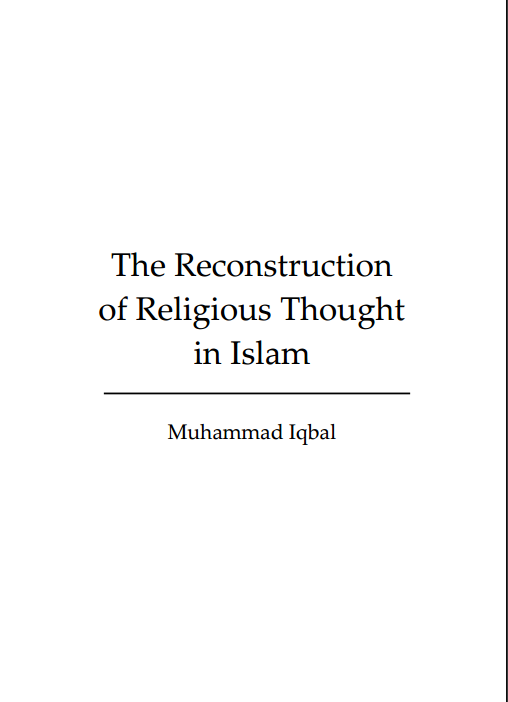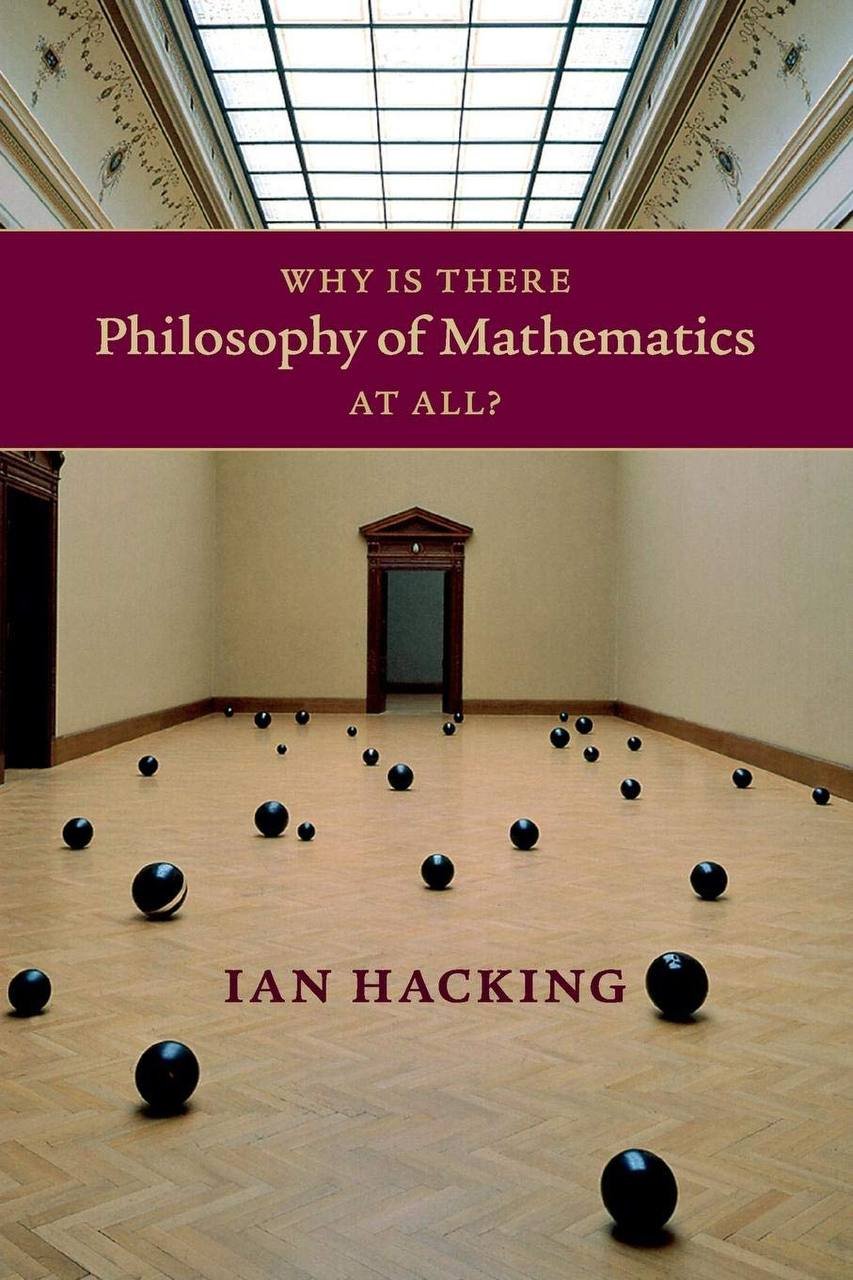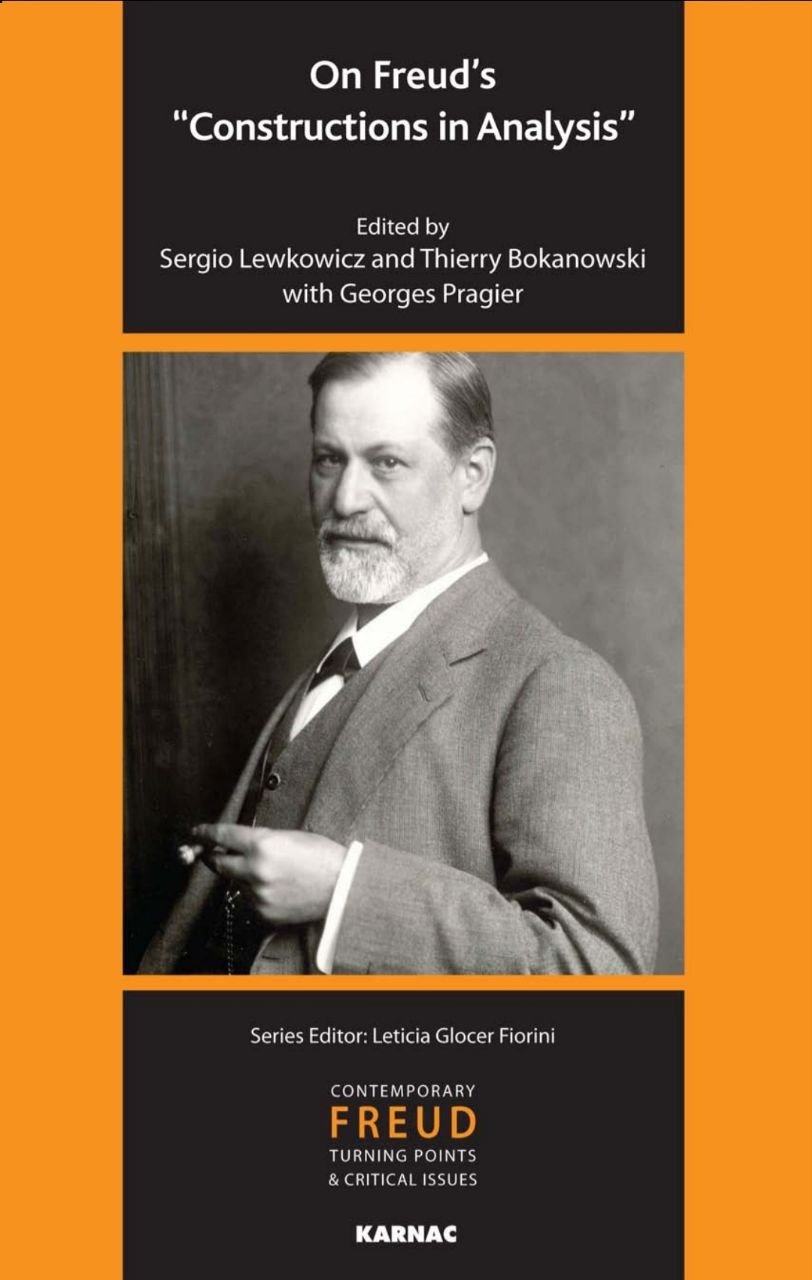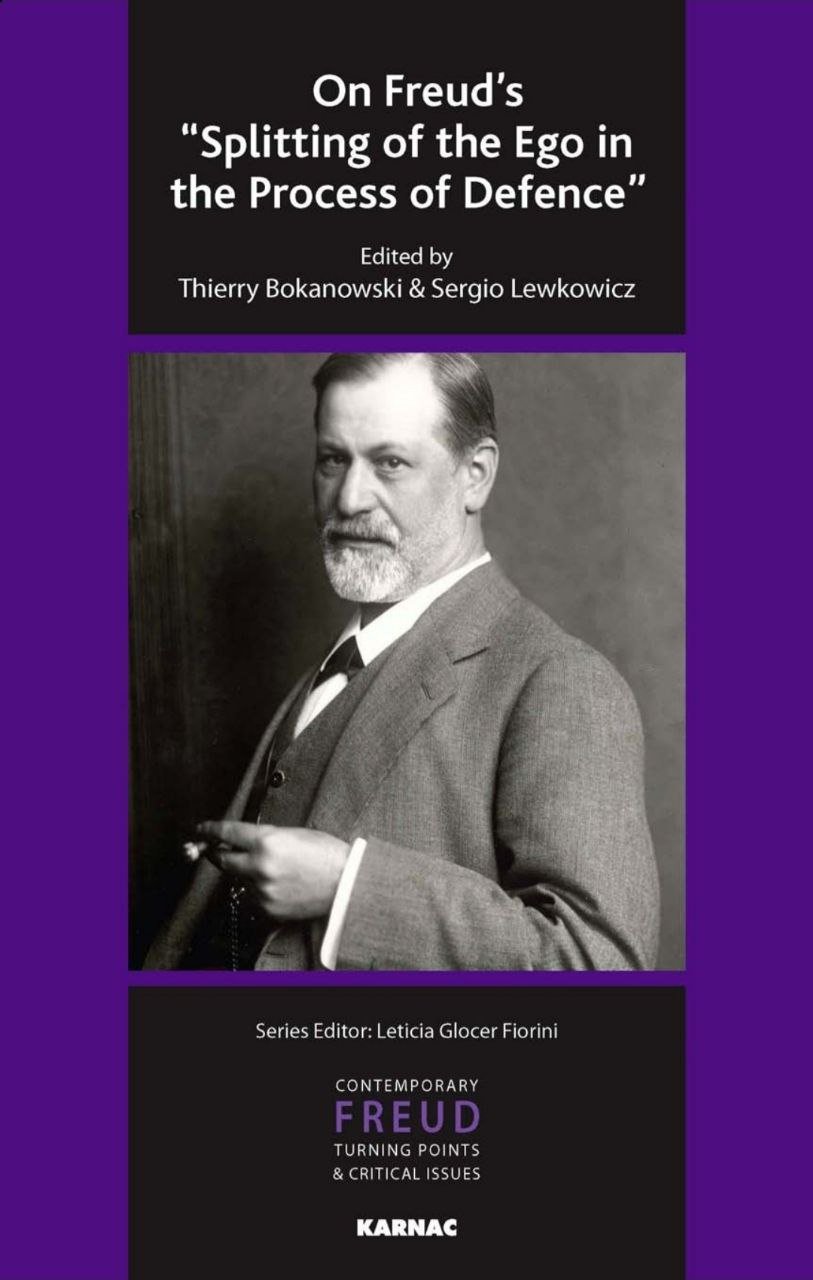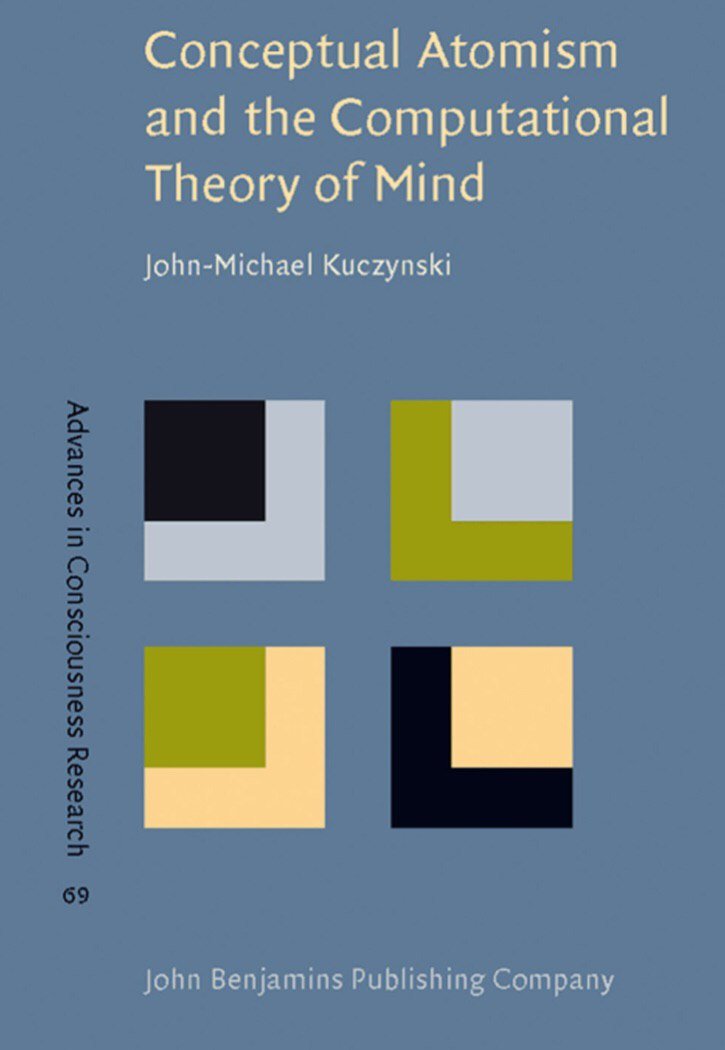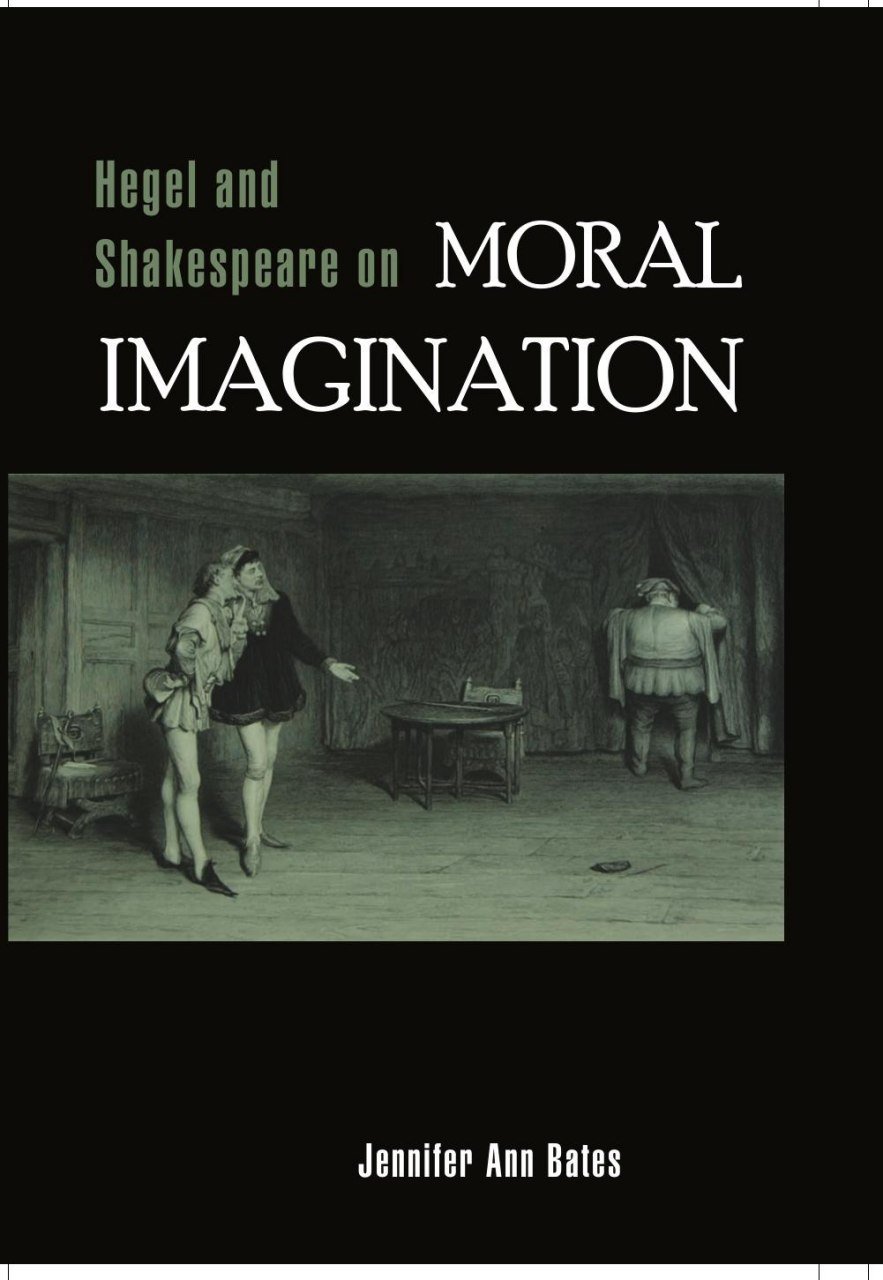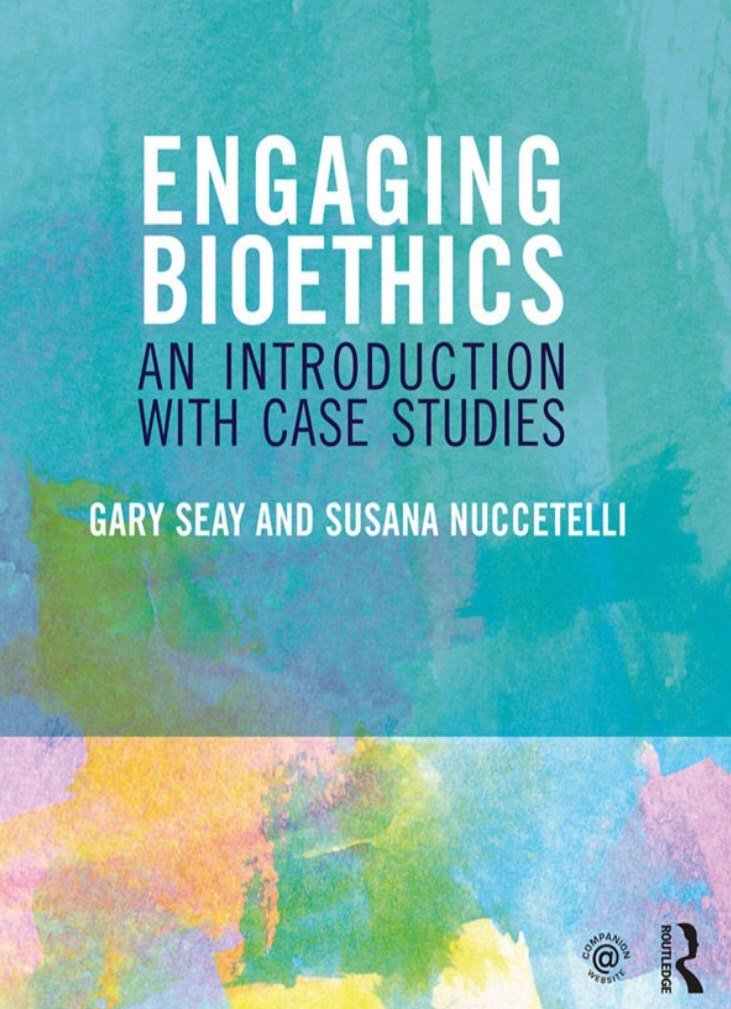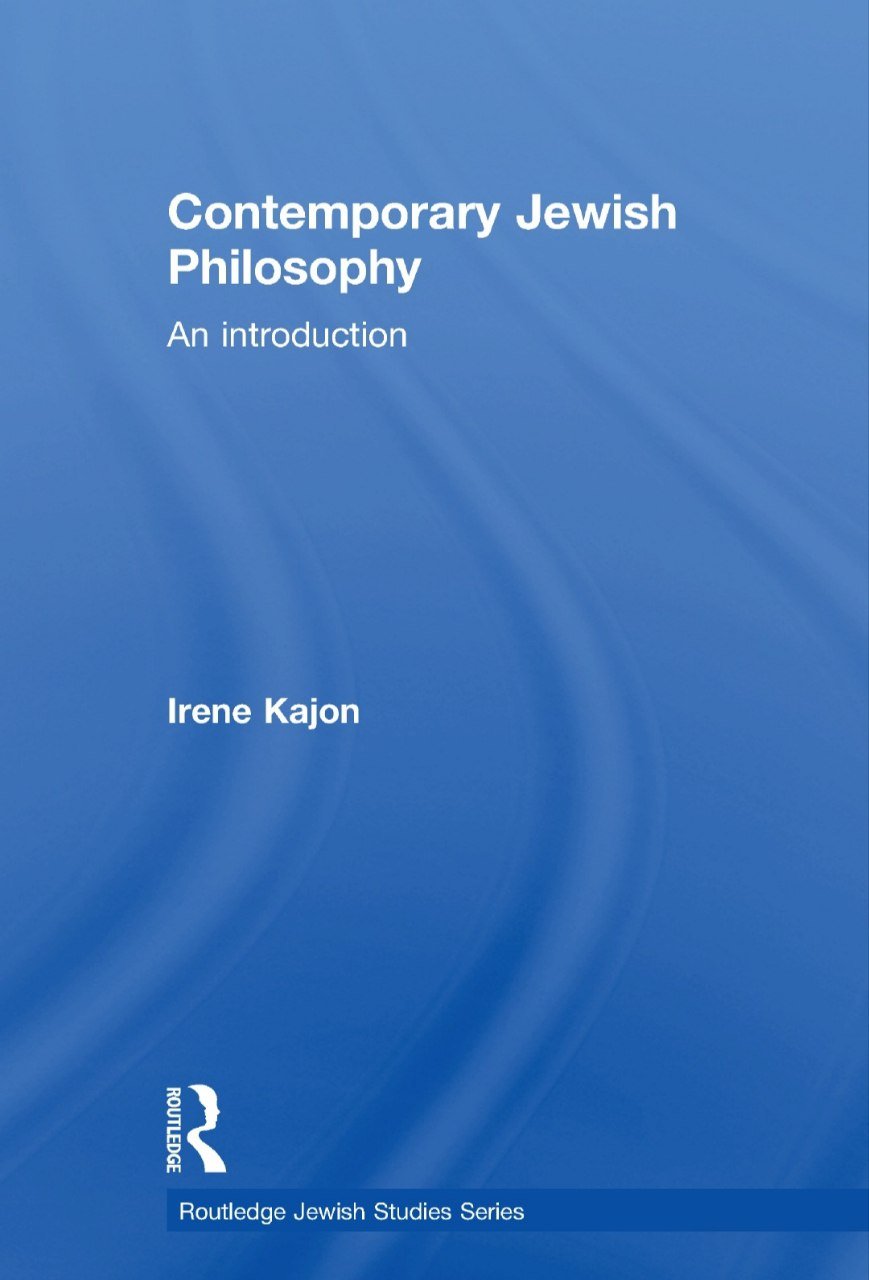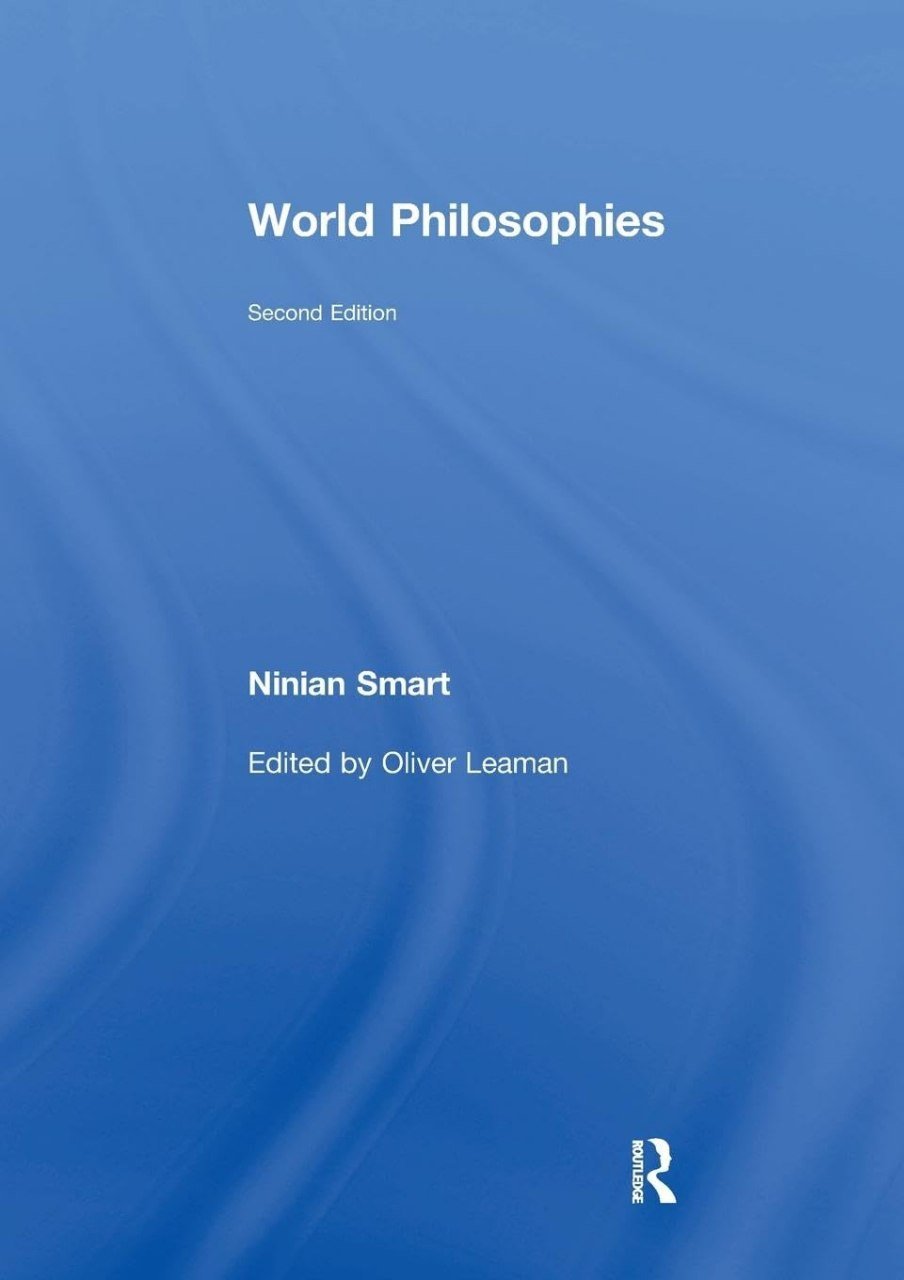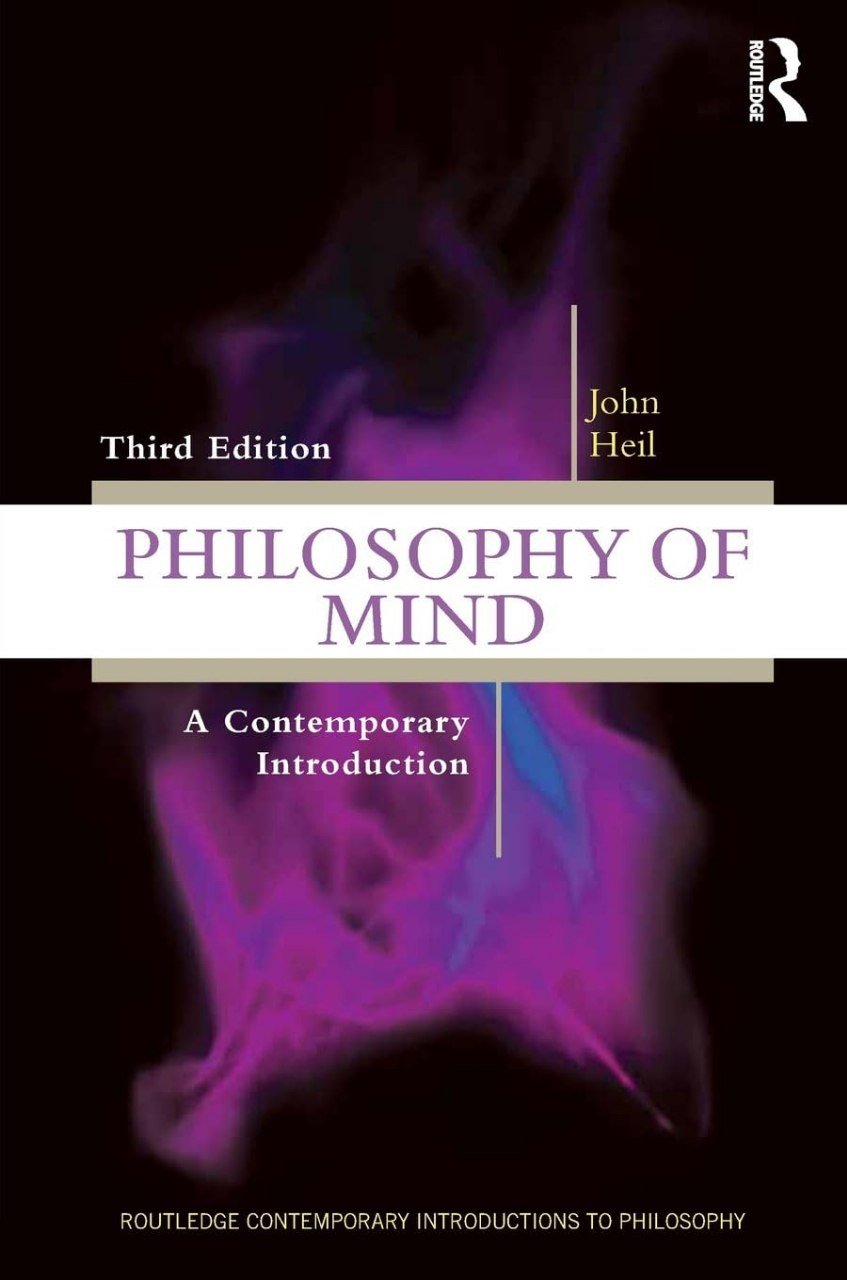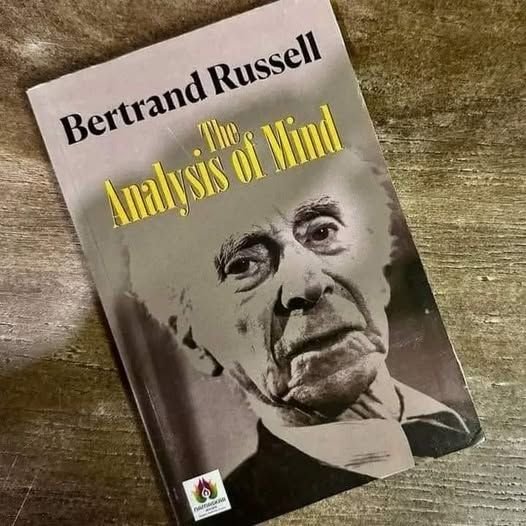

Man and His Becoming According to the Vedanta (1925) by René Guénon
Reviews
No review yet. Be the first to review this book!
Description
Man and His Becoming According to the Vedanta (1925) by René Guénon is a philosophical exploration of the concept of man from the perspective of Vedantic thought, one of the key schools of Indian philosophy. In this work, Guénon examines the nature of human existence, the soul, and the ultimate purpose of life according to Vedanta, an ancient philosophical system rooted in the Upanishads, Brahma Sutras, and Bhagavad Gita. The book offers insights into the metaphysical and spiritual understanding of human nature as viewed through the Vedantic lens. 🔹 Central Thesis: The Nature of Man Guénon argues that the Vedantic view of man is fundamentally different from the modern Western conception. While Western thought often focuses on individuality, subjective experience, and empirical understanding, Vedanta offers a much deeper, transcendental understanding of the self. According to Vedanta, the true nature of man is not the individual ego or the physical body but the Atman, which is the eternal, unchanging soul, identical with Brahman, the Absolute, or the ultimate reality. Guénon explains that the essence of human beings is divine, and the journey of human life is the process of realizing the true nature of the self. This realization leads to the understanding that there is no ultimate separation between Atman and Brahman, and that all beings are manifestations of the same universal principle. 🔹 The Process of Becoming: Spiritual Evolution Guénon adopts the Vedantic concept of becoming (or evolution), which refers to the soul's journey of realization and spiritual ascent. In Vedantic philosophy, the individual soul (Atman) is seen as initially obscured by ignorance (Avidya), which prevents it from recognizing its true nature. The becoming of man is therefore the gradual unfolding of this divine essence, which involves transcending the illusion of the material world and recognizing one’s divine origin. Guénon distinguishes between the illusory world of appearances (Maya) and the ultimate, unchanging reality (Brahman). He explains that Maya creates a veil that leads humans to mistakenly identify with the material world, their physical bodies, and their personal desires, which prevents them from understanding their true nature. The process of spiritual evolution involves overcoming the illusion of Maya, shedding the ego, and ultimately achieving self-realization, where the individual recognizes that they are not separate from the divine essence. 🔹 The Role of Knowledge in Becoming In the Vedantic tradition, the path to self-realization is through the attainment of knowledge (Jnana). Guénon emphasizes that this knowledge is not intellectual or rational knowledge but spiritual knowledge, which is an intuitive realization of the true nature of the self. This knowledge is often attained through meditation, disciplines, and the guidance of an initiatory tradition. Guénon underscores that the knowledge of one's Atman is not something that can be acquired through ordinary sensory perception or intellectual thought but requires a direct spiritual experience that transcends the limitations of the material world. This knowledge leads to the recognition of the unity of all existence and the dissolution of the illusion of separateness. 🔹 The Illusion of Dualism: Reconciliation of the Self and the Divine A key element of Guénon’s analysis is the critique of dualism, which is a common feature in many Western philosophies. He points out that in Western thought, there is often a perceived divide between God and man, the soul and the body, the spiritual and the material. In contrast, Vedantic thought asserts that man and the divine are one. The notion of dualism is an illusion created by the mind, and the goal of spiritual practice is to reconcile the apparent difference between the individual soul and the Absolute. Guénon explains that in Vedanta, the idea of dualism is rejected in favor of the non-dualism (Advaita), which teaches that the soul and the divine are inseparable. The realization of Advaita is the highest form of spiritual knowledge in Vedantic thought, as it leads to the understanding that the soul (Atman) is identical to Brahman, the Supreme Being. 🔹 The Role of Initiation Guénon, a strong proponent of traditional initiatory systems, also emphasizes that spiritual realization in Vedanta often occurs through an initiatic path. He discusses how the initiate, through proper instruction and guidance by a qualified teacher (Guru), is able to navigate the path of self-realization. The Guru acts as a guide to help the initiate understand the deeper, esoteric teachings of Vedanta, leading them to the ultimate realization of the self’s divine nature. For Guénon, initiation is essential because it provides the necessary spiritual discipline, rituals, and teachings that help the practitioner transcend the world of appearances and achieve true knowledge. He stresses that without the right guidance, an individual is likely to remain trapped in the illusion of separateness, unable to recognize their true, divine nature. 🔹 Critique of Modern Western Thought Guénon’s work is a critique of modern Western philosophy, which he sees as disconnected from the deeper, traditional sources of wisdom. He argues that modern thought, driven by materialism, rationalism, and individualism, has led to a spiritual crisis, where people are unable to access the true nature of their being. In contrast, Vedantic thought offers a comprehensive, metaphysical framework that provides a solution to this existential crisis by pointing toward the eternal truth that transcends the limitations of the material world. Guénon criticizes the Western focus on empirical knowledge, which is concerned with the material and the observable, while Vedanta emphasizes intuitive, transcendental knowledge that reveals the eternal, unchanging nature of the self. He believes that the loss of this knowledge in the West has led to a spiritual impoverishment, which can only be remedied by returning to traditional wisdom such as that found in the Vedantic system. 🔹 Conclusion: Man’s True Nature and Purpose In Man and His Becoming According to the Vedanta, René Guénon presents a metaphysical and spiritual exploration of the nature of human existence as understood through the lens of Vedantic philosophy. He argues that the essence of man is divine, and the true purpose of life is to realize one's Atman and recognize its oneness with Brahman, the Absolute. This realization leads to liberation from the cycle of birth and death (samsara) and an understanding of the non-dual nature of existence. Guénon’s work is a call to return to traditional spiritual practices, disciplines, and philosophies, which offer the means to transcend the illusion of separateness and achieve a deeper understanding of the self and the universe. By shedding the ego and overcoming the veil of ignorance, individuals can reconnect with their divine nature, ultimately realizing their true purpose in life.


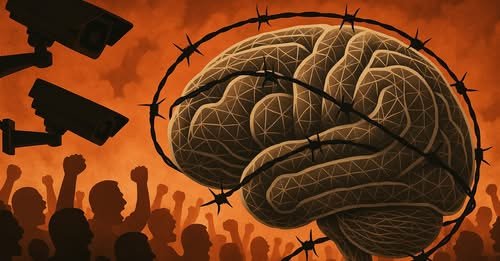
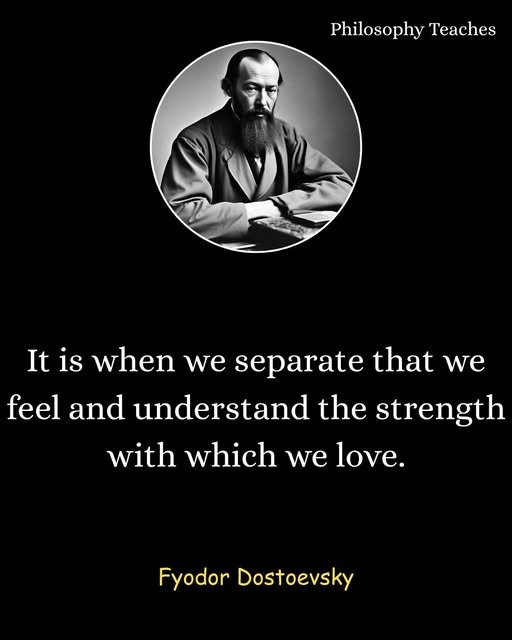











 Apr 15, 2025
Apr 15, 2025



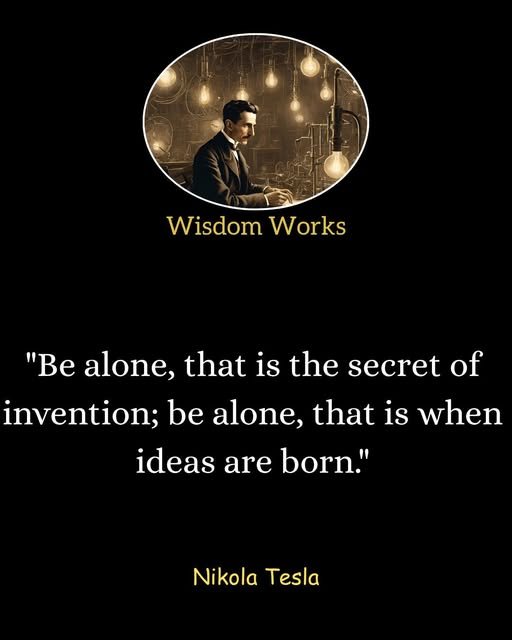







.jpg)

.jpeg)

.jpg)






.jpg)
.jpeg)


.jpg)
.jpg)



.jpg)
.jpg)




.jpeg)

.jpeg)


.jpeg)




.jpg)






















.png)





